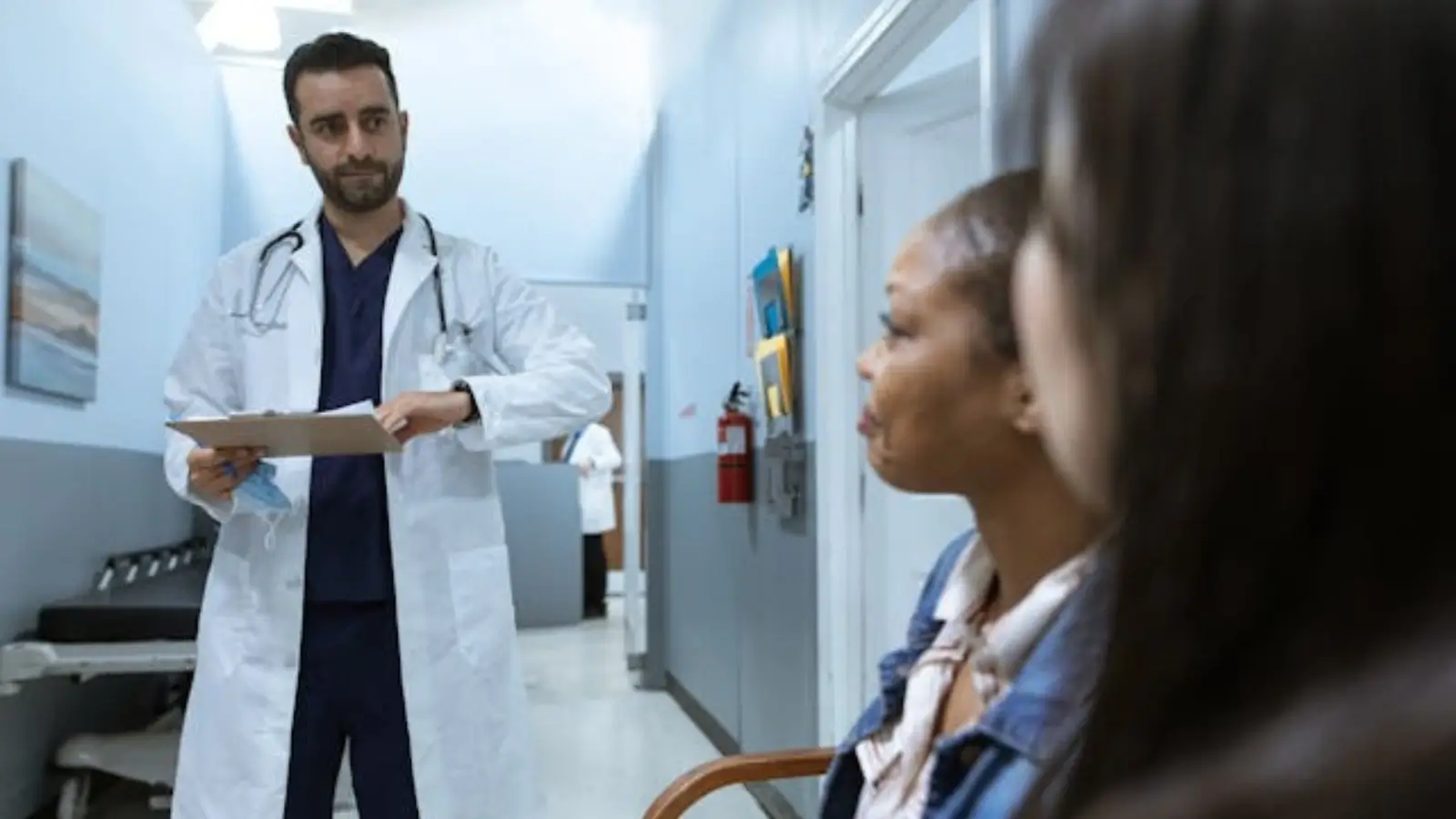


When it comes to specialized medical care, few fields are as essential—and sometimes misunderstood—as urology. Many people don’t fully know what a urologist does until they need one. Whether it’s a concern about urinary health, male reproductive issues, or kidney-related problems, urologists play a critical role in diagnosing, treating, and managing a wide range of conditions.
This guide will walk you through everything patients should know about urologists: their training, the conditions they treat, when to see one, and what to expect during your visit.
A urologist is a doctor who specializes in diagnosing and treating diseases of the urinary tract and the male reproductive system. These two systems are closely related and include organs like:
Kidneys
Ureters (tubes that carry urine from kidneys to the bladder)
Bladder
Urethra (the tube that carries urine out of the body)
Male reproductive organs, including the testes, prostate, and penis
Because these organs are involved in essential bodily functions, urologists play a vital role in maintaining overall health.
Urologists are highly trained medical professionals. Their pathway typically includes:
Medical School – Four years of general medical education.
Residency – Around 5–6 years of specialized training in urology, surgery, and related fields.
Fellowship (optional) – Additional training in sub-specialties like pediatric urology, urologic oncology, or male infertility.
Board Certification – Many urologists are board-certified, demonstrating expertise and commitment to ongoing education.
Urologists handle a wide range of conditions that affect both men and women. Some of the most common include:
Kidney stones
Kidney infections
Kidney cancer
Urinary tract infections (UTIs)
Bladder control problems (incontinence)
Bladder cancer
Enlarged prostate (benign prostatic hyperplasia, or BPH)
Prostate cancer
Prostatitis (inflammation of the prostate)
Erectile dysfunction (ED)
Male infertility
Testicular cancer
Varicoceles (enlarged veins in the scrotum)
Cancers of the kidneys, bladder, prostate, testicles, and adrenal glands.
Urethral strictures (narrowing of the urethra)
Pelvic floor dysfunction
Bedwetting beyond the normal age range
Undescended testicles
Congenital abnormalities in the urinary tract
Urologists are not just diagnosticians; they are also skilled surgeons. Some procedures they perform include:
Cystoscopy – Using a thin scope to look inside the bladder and urethra.
Lithotripsy – Breaking up kidney stones using shock waves.
Prostate Surgery – Removing part or all of the prostate, often due to cancer or enlargement.
Vasectomy – A permanent form of male birth control.
Orchiopexy – Surgery to fix undescended testicles in children.
Cancer surgeries – Removal of tumors from kidneys, bladder, or prostate.
Many patients wonder when it’s time to see a urologist instead of their family doctor. Here are some clear signs:
Frequent or painful urination
Blood in urine
Difficulty starting or stopping urination
Loss of bladder control
Pelvic pain
Trouble with sexual performance
Unexplained infertility
Persistent kidney or bladder infections
For men over 50, regular urology visits are often recommended for prostate health screenings.
Visiting a urologist can feel intimidating, but knowing what to expect can help reduce anxiety.
Medical History Review – Your urologist will ask about symptoms, past health issues, and family history.
Physical Exam – This may include abdominal, pelvic, or genital exams depending on the concern.
Diagnostic Tests – These may include blood work, urine tests, imaging scans, or specialized urological procedures.
Treatment Discussion – Your urologist will explain the findings and recommend treatment options ranging from lifestyle changes to medications or surgery.
Like many medical fields, urology has several subspecialties:
Urologic Oncology – Focused on cancers of the urinary and male reproductive systems.
Pediatric Urology – Focused on children’s urological issues.
Female Urology – Specialized in urinary incontinence, pelvic floor disorders, and bladder conditions in women.
Male Infertility and Sexual Health – Addressing ED, low testosterone, and fertility problems.
Renal Transplantation – Involves surgical procedures related to kidney transplants.
While urology might sound technical, its real importance lies in improving patients’ quality of life. By treating issues like incontinence, kidney stones, or prostate enlargement, urologists help patients return to daily routines with comfort and confidence. They also play a critical role in cancer detection, offering potentially life-saving early diagnoses.
If your family doctor refers you to a urologist, it’s important to prepare:
Write down your symptoms and how long you’ve had them.
Make a list of medications you’re taking.
Note any family history of kidney, bladder, or prostate problems.
Don’t hesitate to ask questions during your appointment.
A good urologist will take the time to explain your condition and walk you through the treatment options.
A urologist is much more than a “kidney doctor.” They are specialists who address a wide range of medical concerns involving the urinary tract and male reproductive system. From treating kidney stones to managing prostate health and diagnosing cancers, their work touches millions of lives every year.
If you’re experiencing urinary issues, sexual health problems, or unexplained pelvic pain, don’t ignore the signs. The sooner you seek help, the better your chances for effective treatment. For trusted care and more information, visit https://www.urowestmount.com/.